Young Investigator Committee
Young Investigator Committee Members
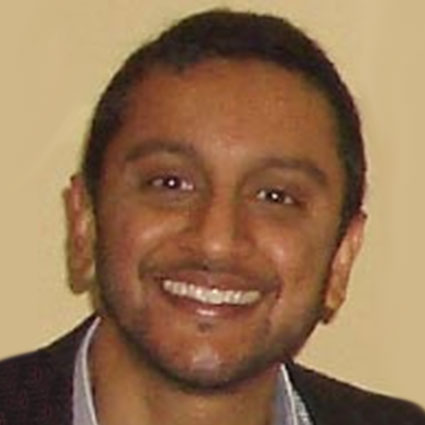 |
Hussein Khambalia, United Kingdom (Committee Chair)
Mr Hussein A. Khambalia is a Consultant transplant and general surgeon at The Manchester Royal Infirmary and an Honorary Lecturer at The University of Manchester. He trained in Manchester and at Guy’s Hospital, London and his sub-specialty clinical interests include beta-cell replacement, paediatric transplantation and enhanced recovery after transplantation. He completed his PhD, studying peri-operative optimisation and assessment in pancreas transplantation at The University of Manchester. His current research interests include peri-operative pancreas allograft assessment and pancreas transplant recipient optimisation and assessment. He was previously President of The Carrel Club and represented the society on the BTS Council and The Chapter of Transplant Surgeons Committee. He is the founder and trustee of ARRT (Africa Renal Replacement Therapy, @AfricaRenalRT), a charity to raise money and provide medical and surgical expertise to improve access to renal replacement therapies for people in Africa. |
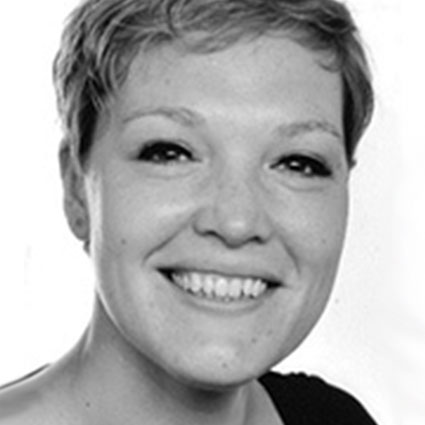 |
Anja Steffen, Germany (Committee Chair)
Anja is a postdoctoral researcher working at the Leiden University Medical Center in the Netherlands. She has longstanding experience and qualified expertise in the field of islet isolation as she has been working in different islet isolation and transplant centers. During the years, her interests included optimization of isolation protocols, assays for islet quality assessments and investigating islet functionality depending on factors like size, age or species. Her current projects focus on donor organ quality, islet isolation and quality control as well assurance. |
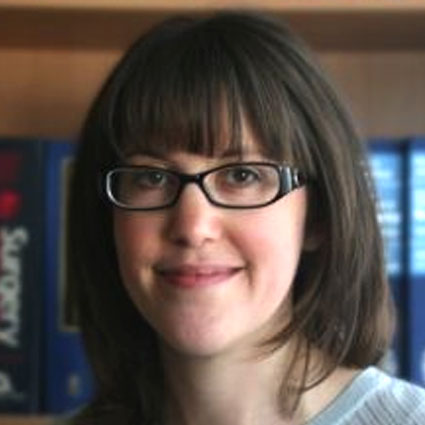 |
Sarah Cross, United Kingdom (Past Chair) Sarah has spent the last 13 years as a researcher working in the field of islet transplantation. My PhD investigated the biology of VEGF as a survival factor for human islets, and how different immunosuppressive drugs modulated its effect. I trained in human islet isolation during my PhD, and since graduating I have worked as a post-doctoral scientist in the Nuffield Department of Surgical Sciences at the University of Oxford. My research concerns the improvement and optimisation of the human islet isolation procedure, in particular the collagenase digestion stage. I am deputy manager of the Oxford Human Islet Isolation Facility, and as such I am involved in every stage of the human islet isolation and transplantation process, with the benefit of having regular access to human islets for my research. As part of the Young Investigator Committee I am responsible for IPITA social media and the young investigator section of the IPITA website. |
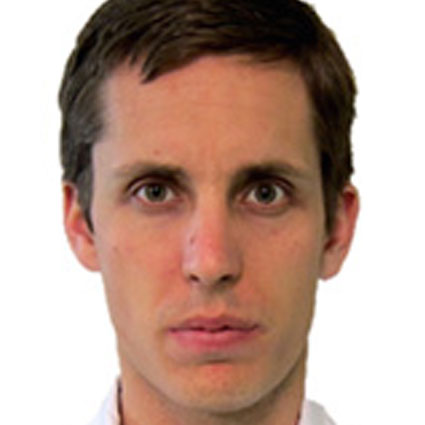 |
Raphael Meier, Switzerland
Raphael P. H. Meier, MD, PhD is a surgeon and researcher working in the field of transplantation. He completed his surgical training and thesis in Geneva, Switzerland. He is now working as a visiting assistant professor at the University of California, San Francisco, USA, division of Transplant Surgery. He divides his time between clinical work and research with a focus on islet and pancreas transplantation. His current research interests are clinical islet/pancreas, kidney and liver transplantation, stem cell-based immunomodulation, new immunosuppressive agent development, alternative sites for islet transplantation, islet microencapsulation, islet xenotransplantation, and age, genetic and proteomic aspects in organ transplantation. He is the treasurer of the Swiss association for research in surgery and a committee member of the Swiss society for visceral surgery. Since 2015, he is a committee member of the Young Investigator Committee of the International Pancreas and Islet Transplant Association. |
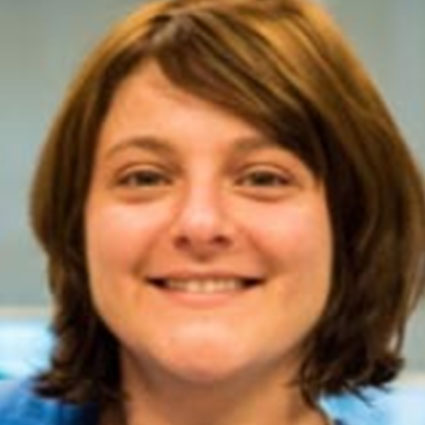 |
Adriana Migliorini, Canada
Adriana is focusing her research on understanding the molecular mechanism regulating human pancreas development. In particular, her project is exploring the role of immune cells during endocrine specification and its implication in the etiopathogenesis of Type 1 Diabetes. She is currently working at the McEwen Center for Regenerative Medicine, UHN, Toronto, in the laboratory of Dr. Maria Cristina Nostro where they use human pluripotent stem cells to generate in vitro functional and transplantable pancreatic beta like cells. |
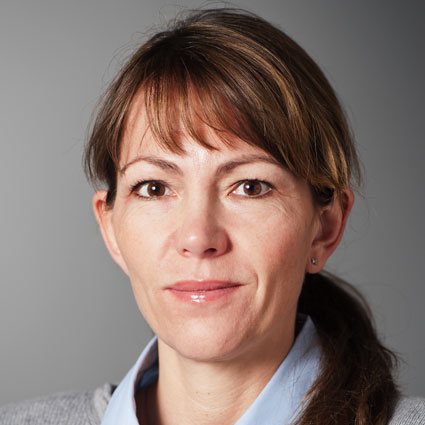 |
Hanne Scholz (Mentor/IPITA Council Liaison)
Dr. Hanne Scholz is a senior scientist in the Department of Transplantation Medicine at the Oslo University Hospital, Oslo, Norway. She is the director of the human islet isolation facility performing clinical islet transplantation for treatment of type 1 diabetes in Norway. Her research is devoted to improve and optimize islet isolation method, transplantation and clinical outcome. Currently, her research involves regenerative medicine projects such as the development of new cellular therapies for diabetes using stem cells and creation of functional mini-pancreas for “organ on a chip” platforms. She is elected as councilor of IPITA (2017-2021) and serve as the mentor of the Young Investigator Committee. |
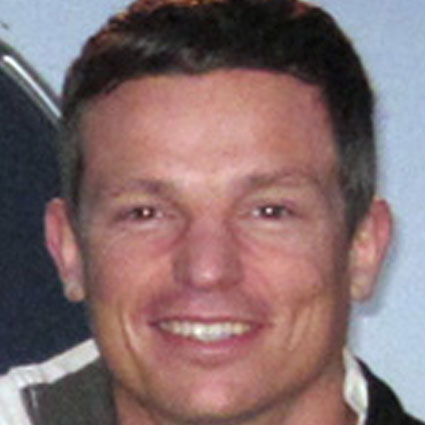 |
Christian Schuetz, United States
Christian is a physician-scientist working at Harvard University whose current research interests include the immunogenicity and derivation of pancreatic beta cells from iPS cells, modulation of autoimmunity in type 1 diabetes and immunologic tolerance. In his clinical career, he has focused extensively on general surgery, emergency medicine and surgical intensive care. Following initial work on neurogenesis in the context of neurotrauma, his focus soon evolved to the field of transplant surgery and curative type 1 diabetes research. To pursue these interests he moved to Harvard University and joined Professor James Markmann’s group, where he helped establish the clinical islet transplant program at Massachusetts General Hospital as well as conducting research in islet biology and transplant immunology. He has also worked in Professor Douglas Melton’s lab, deriving beta cells from human pluripotent cells for clinical translation. |
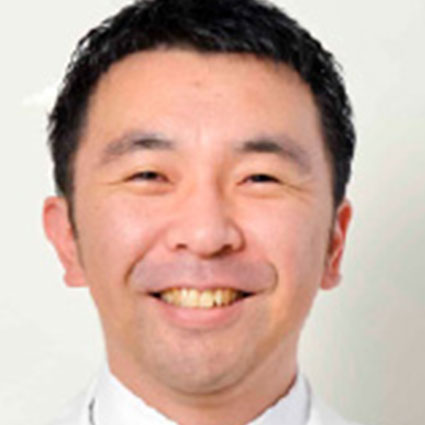 |
Masaaki Watanabe, Japan
Masaaki is a physician-scientist currently working at Hokkaido University, Japan. He is a transplant surgeon mainly for the liver and pancreas transplantation. Following the completion of his PhD program at Hokkaido University, he studied clinical and experimental organ and cell transplantation at Karolinska University Hospital, until June 2016, as a clinical and research fellow. He has been in charge of research projects about pancreatic islet and cell transplantation during the last 10 years. His current research interests are immunogenicity of pancreatic islet or isolated hepatocyte cell, and immunologic tolerance induction after transplantation. He is excited to be a member of the IPITA Young Investigator Committee. |
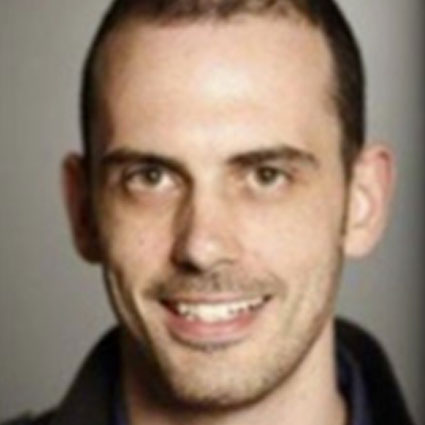 |
Nathan Zammit, Australia
(Past Co-Chair) Nathan is interested in studying how non-hematopoietic tissue interact with innate and adaptive immunity during the inflammatory processes of diabetes and islet transplantation. He currently works at the Garvan Institute, Sydney, Australia, within the laboratory of Professor Shane Grey, where they are undertaking a functional genomics approach into the study of type 1 diabetic compliations. The goal of this study is to discover novel genes that may be used to facilitate the development of genetic or pharmacological therpies to ameliorate diabetes progression or islet transplant rejection. |
Past Members of Young Investigator Committee
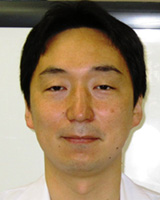 |
Takayuki Anazawa, Japan
Dr. Takayuki Anazawa is an assistant professor of Division of Hepato-Biliary-Pancreatic Surgery and Transplantation, Department of Surgery, at the Kyoto University, Kyoto, Japan. He received his M.D. and Ph.D. from the Fukushima Medical University, Fukushima, Japan. He had the privilege of working in islet core laboratory in Schulze Diabetes Institute of University of Minnesota in 2007. He worked with Prof. Bernhard Hering and Dr. Balamurugan for 2 years until the completion of his post-doctoral research under their supervision. Given the quality of the work in their laboratory, he has received multiple training in pancreas procurement, pancreas dissection, pancreas digestion, islet purification, culture and transplantation. As a direct result of his successful fellowship, he was recruited as an assistant professor at the Fukushima Medical University to work with a research team led by Prof Mitsukazu Gotoh. Then, he became the key organizer of Japanese Pancreas and Islet Transplantation Association. After his fourteen-year career as a surgeon and researcher of islet transplantation, he was recruited as an assistant professor at the Kyoto University to work with Prof Shinji Uemoto in April 2015. He is collaborating on a clinical trial to establish islet transplantation using both donors after cardiac death and donors after brain death. |
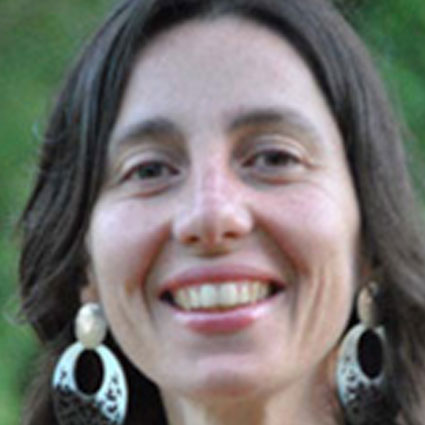 |
Leticia Labriola, Brazil
Leticia is currently an Assistant Professor at the Laboratory of Molecular Mecanisms of cytoprotection, Chemistry Institute, Biochemistry Department, University of São Paulo- Brazil. Her research focuses on the study of the molecular mechanisms leading to cytoprotection. In particular, she is interested in the optimization of pancreatic islet transplantation where her lab set out to study the molecular mechanisms leading to beta-cell cytoprotection induced by the hormone prolactin. She is also exploring the potential cytoprotective and immunoprotective effect of adult stem cells in co-transplantation approaches. |
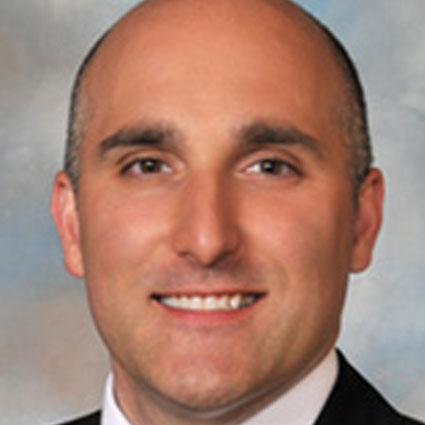 |
Robert Redfield, United States
Robert is an assistant professor of transplant surgery at the University of Wisconsin. He graduated magna cum laude from the University of Maryland Medical School. He completed his general surgical residency at the Hospital of the University of Pennsylvania, where he completed a post-doctoral research fellowship in the lab of Ali Naji, MD, PhD. He completed his abdominal transplant surgery training at the University of Wisconsin in 2015. He was recently awarded the ASTS junior faculty development award for research focusing on the role of B cells and alloantibody in transplantation. His clinical focus is on kidney and pancreas transplantation. |
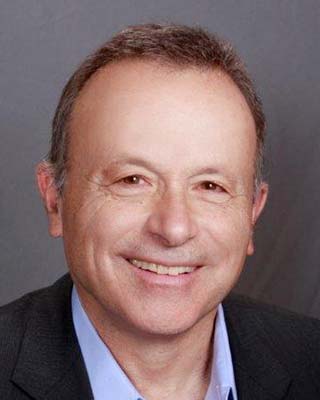 |
Peter Stock (Mentor/IPITA Council Liaison) Dr. Peter Stock is a multiorgan transplant surgeon at the University of California, San Francisco, and performs kidney, pancreas and liver transplants. He also serves as the Surgical Director of the Kidney and Pancreas Transplant Program at UCSF, as well as the Pediatric Kidney Transplant Program. His translational research explores beta cell replacement for the treatment of Type 1 diabetes, and he is currently co-Director of the UCSF Pancreatic Islet Transplant Program and was co-PI on the CIRM (California Institute of Regenerative Medicine) stem cell initiative to bring stem cell-derived beta cells to a clinical trial. He is the Principal Investigator on the NIH U01 multicenter trial studying the immune response following liver and kidney transplants in people with HIV. Dr. Stock is a member and has served in leadership positions in many professional organizations, including the American Society of Transplant Surgeons (ASTS, served as President, July 2014 to May 2015), The Transplantation Society (TTS, currently serving as councilor and Chair of the Ethics Committee), the American College of Surgeons (ACS), the United Network for Organ Sharing (UNOS, serving as Chair of both the Pancreas and Kidney Transplant Committees), the Society of University Surgeons (SUS), the International Pancreas and Islet Transplant Association (IPITA, serving as councilor and Chair of the 14th World Congress in Monterey, CA), the International Liver Transplantation Society (ILTS, Co-Chair of the 18th Annual International Congress in San Francisco, CA), the International Pediatric Transplant Association (IPTA), and the American Surgical Association (ASA). He is on the editorial board of Transplantation and an ad hoc reviewer for the American Journal of Transplantation, New England Journal of Medicine, Clinical Transplantation, Liver Transplantation, and an invited lecturer on transplantation and immunosuppressive strategies both nationally and internationally. |
With the end of a great summer (for those in the northern hemisphere!) the IPITA-YIC reflects on the past-congress. Here we will summarise the highlights of the congress and present your feedback from the entrance survey. We thank everyone for attending the young investigator run events and making them interactive and enjoyable.
IPITA CH@T Forum
IPITA Chat is a new email discussion forum for all investigators, clinicians and scientists with an interest in islet and/or pancreas transplantation in clinical and experimental fields. By becoming an active member of the group, knowledge will be expanded for our all benefit. Young investigators as well as senior people in the field are encouraged to participate, either by asking questions or contributing to the discussion.
We hope that IPITA Chat will develop into a lively and educational forum for all.
Social media
The aims of this group are to encourage and foster communication, and create a community for the next generation of pancreas and islet transplantation researchers.
We hope to actively engage researchers in discussions, for example critical reviews of recently published papers, a forum for protocol questions/lab based issues, a who’s who section to allow junior members of different labs to get to know each other etc.
Facebook pageGeneral page with information on islet and pancreas transplantation for the general public, patients and researchers/clinicians
Twitter page Twitter #IPITAYICLatest updates in the field.
Mentorship programme
We hope to establish a programme for trainees that will provide advice and mentoring to help in the development of successful careers in islet and pancreas transplantation research.
Congress Activities
The YIC will collaborate with IPITA meeting organizers to arrange a young investigator networking event/reception or social event, and a specific young investigator scientific session at all future IPITA Congresses.




